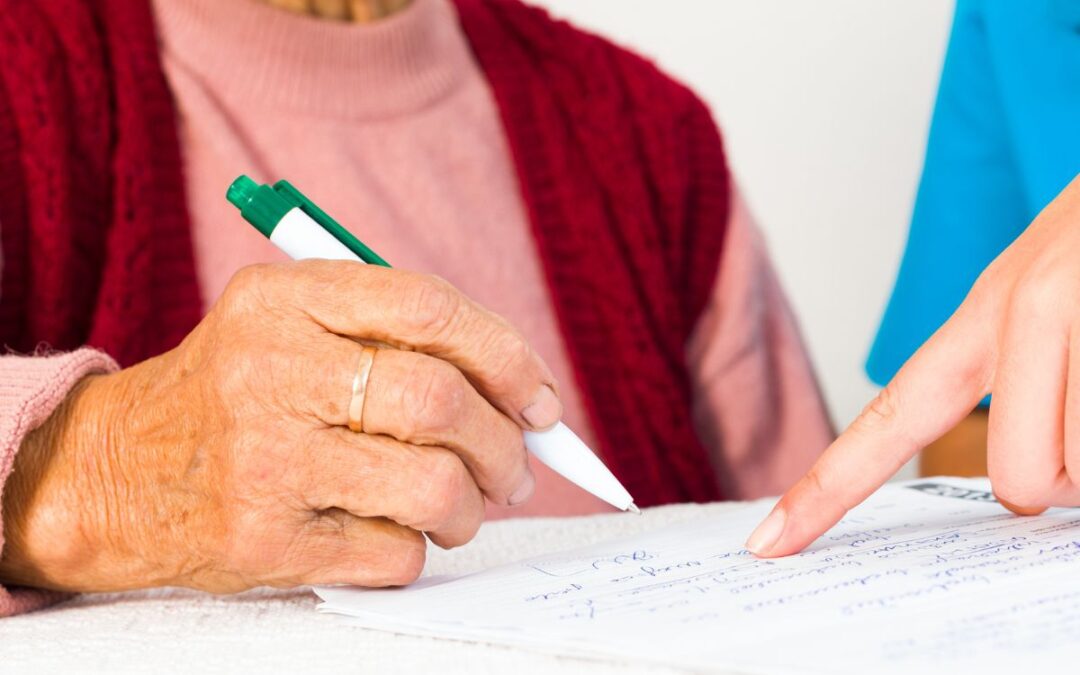What is undue influence in Will making?
Undue influence in Will making refers to the coercion of a testator (Will maker) into making decisions that go against their wishes. This form of coercion will often occur when the testator is vulnerable and dependent on others for support. A person may exert undue influence to ensure the testator favours them to the detriment of others.
Whereas fraud is the act of misleading, undue influence occurs when the testator is coerced into doing what they do not desire.
How is undue influence established?
The doctrine of undue influence can be established in two ways; actual or presumed. These differ in the evidence provided by the parties, with the overall onus of proof lying with the person asserting undue influence.
Actual
Actual undue influence arises when it is proven as a fact, that the actions were to such a degree that the Will maker was unable to exercise their independent will.
When contesting the Will on this basis, proof of the accused party’s influence over the mind of the testator must be established in order for equity to intervene.
Presumed
Presumed undue influence arises from proof of the nature of the relationship between the relevant parties. This relationship must show one party exercised dominance over the other due to the testator’s trust and confidence in the dominant party.
If presumed undue influence is established, the dominant party must prove that decisions under the Will were voluntary and well understood by the testator.
How do I prove Will making under undue influence has occurred?
To prove undue influence, the complainant must contest the Will in Court after the testator’s death. The following factors must be evidenced:
- The Will bequeathed property in an unforeseen manner without obvious explanation.
- The testator was dependent on, or trusted, the person exerting influence.
- The testator was vulnerable due to illness or frailty.
- The influencer took advantage of the testator and benefitted from the asset distribution under the Will.
The process of undue influence relies upon credible witnesses who knew the testator and can testify to the relationship between the testator and the defendant (person benefitting from the Will).
Court rulings in cases of Will making under undue influence
A rule of ‘suspicious circumstances’ calls upon the Courts not to grant probate without being fully and entirely satisfied that the Will expresses the true intentions of the deceased.
This rule is also outlined in the Succession Act 2006 No 80 s96 (2)(b) wherein the Court is granted power to revoke approval of probate if the Will was obtained by fraud or undue influence.
If undue influence has been proven to have affected the entirety of the Will, the entire Will may will be invalid. If only part of the Will has been affected, the remainder is still valid.
Examples of undue influence in Will making: Case Law
Edwards v Edwards & Ors [2007] EWHC 1119 (Ch)
The son of the deceased alleged that his brother used undue influence to persuade the mother to exclude the plaintiff from the Will. The Court ruled that the child deliberately fed false information to sway the mother’s mind in his favour resulting in undue influence.
Hayward (As executor of Felton Estate) v Speedy & Felton (2021) NSWSC 943
A dispute between siblings concerning the father’s gift of money to the daughter as being procured through undue influence. The parents were both vulnerable to exploitation being frail, cognitively impaired and elderly with a large dependence on their daughter for daily activities. Furthermore, no independent legal advice was obtained regarding the gifts, which were so substantial as not to be reasonably accounted for on the ground of friendship and relationship. As a result, the father’s estate retained the gifts initially bequeathed to the daughter, as it would be unjust for her to receive benefit when she had exercised undue influence.
Contact Us
If you believe someone has exerted undue influence in the making of a Will, we recommend seeking independent legal advice.
If you would like to discuss your matter with a legal professional, please contact Etheringtons Solicitors on (02) 9963 9800 or via our online contact form.

